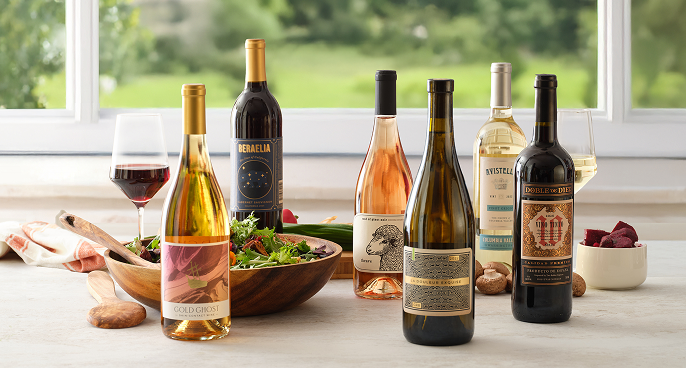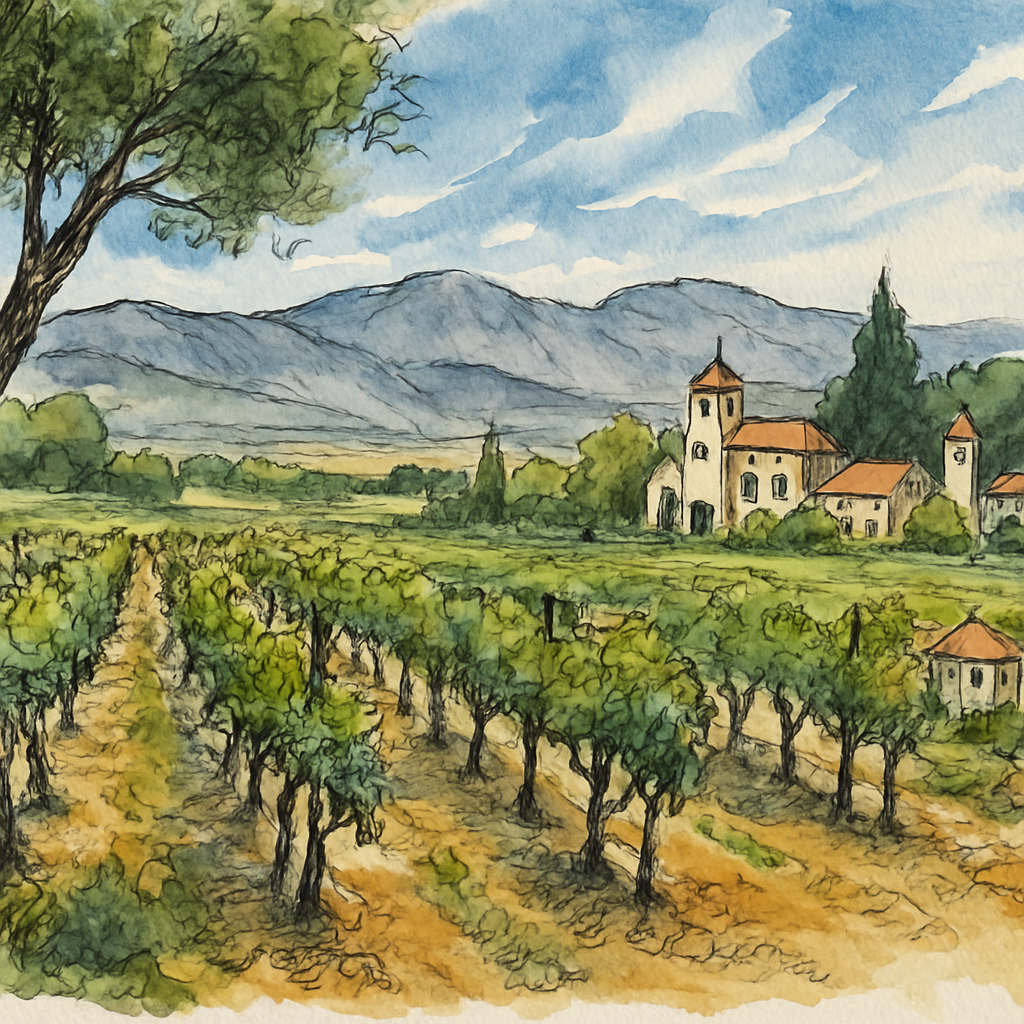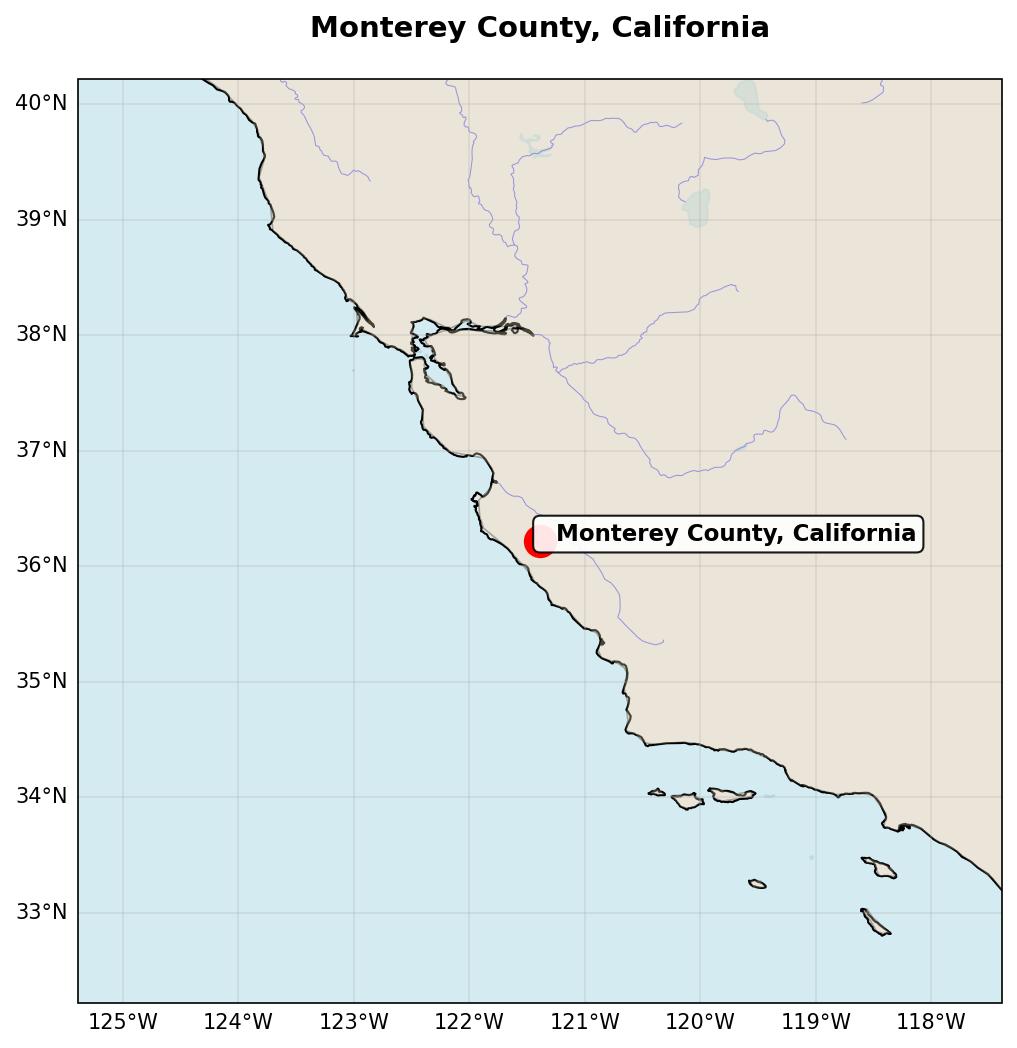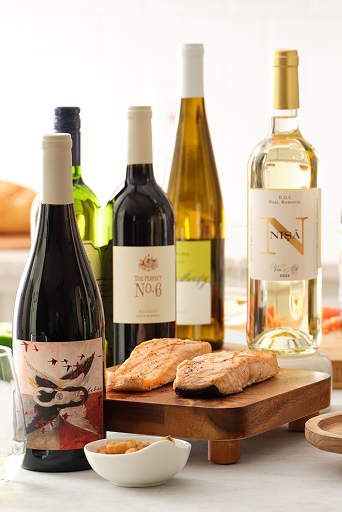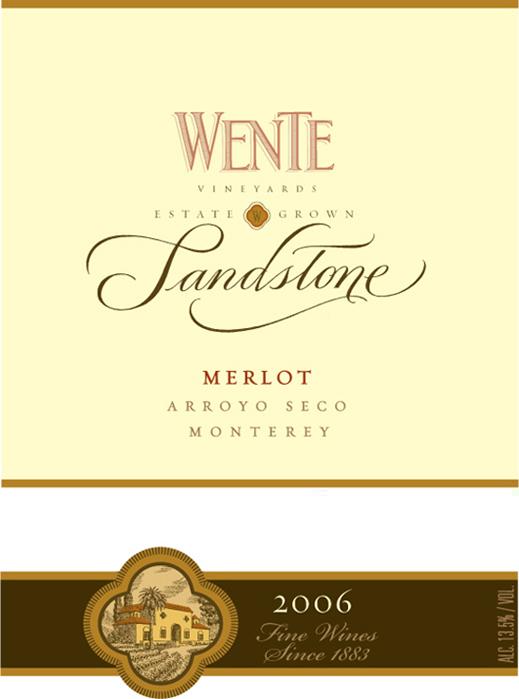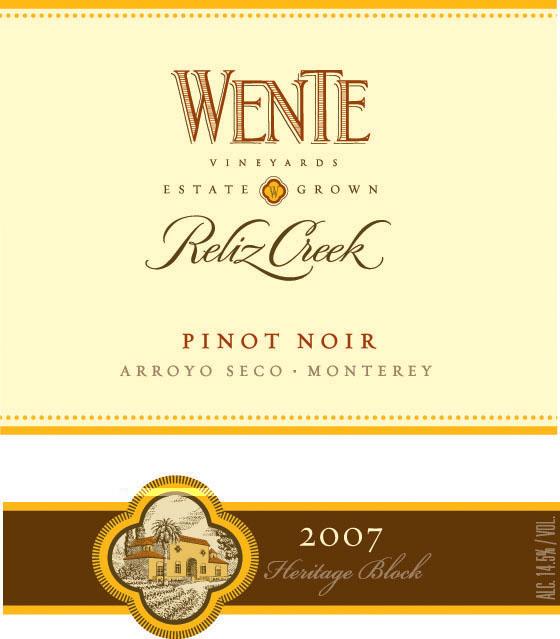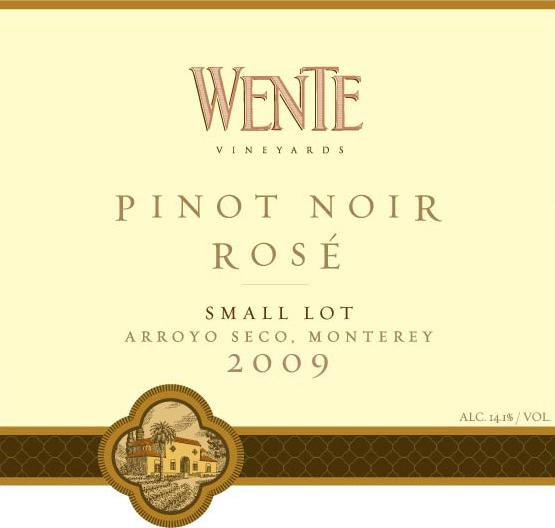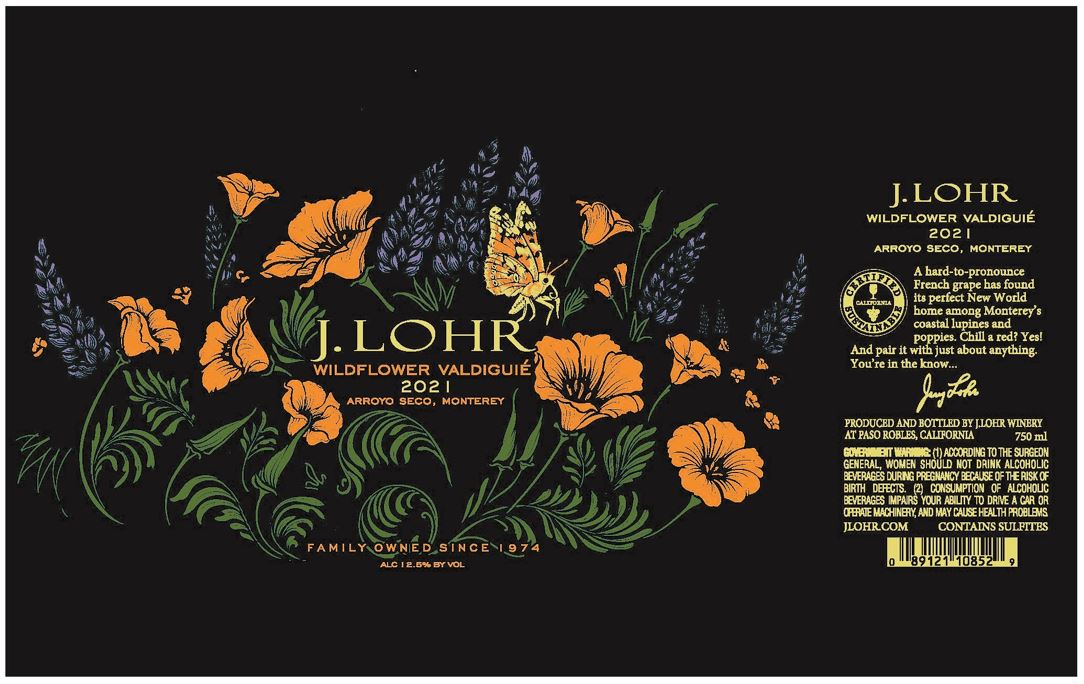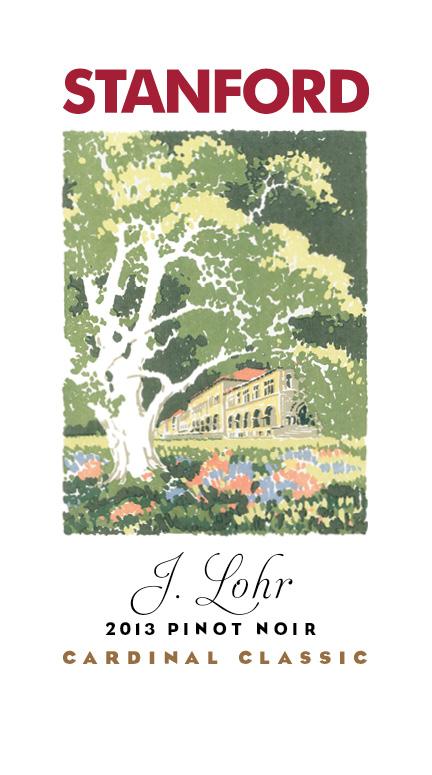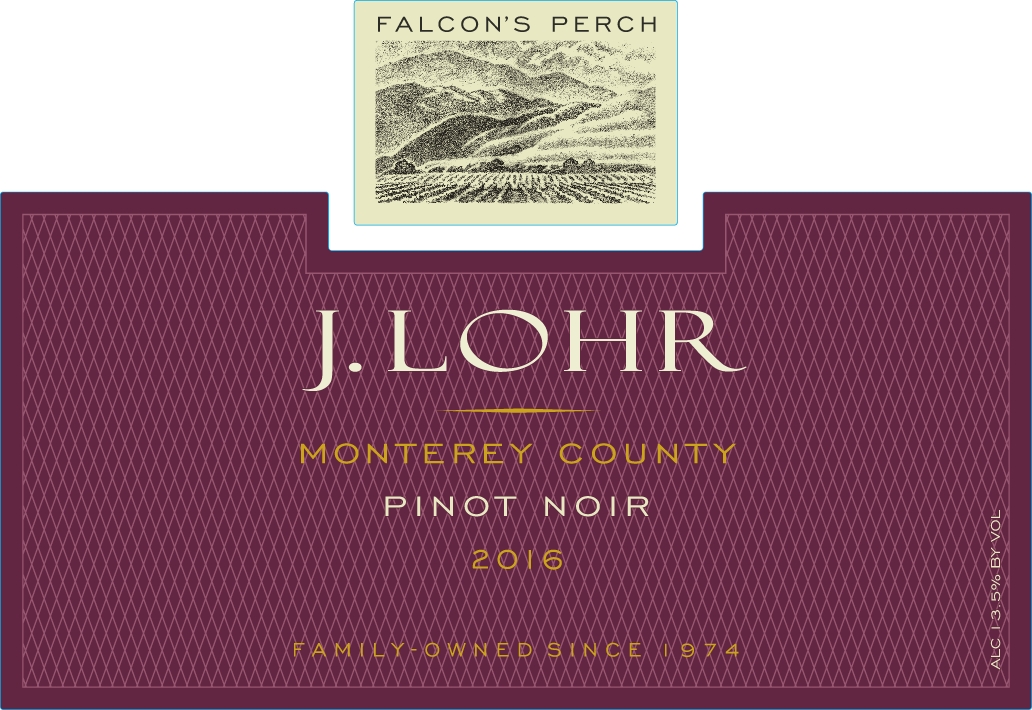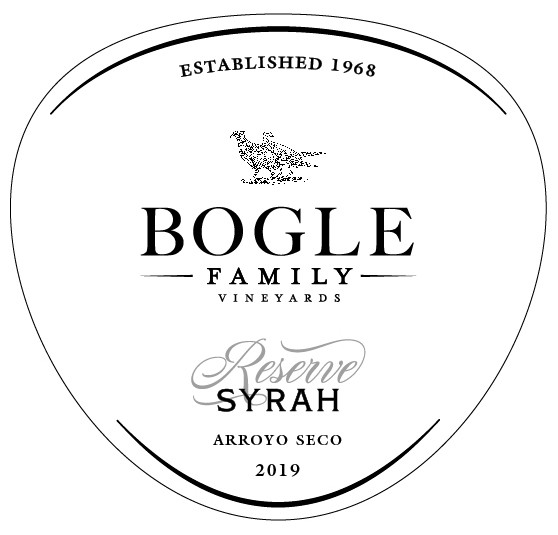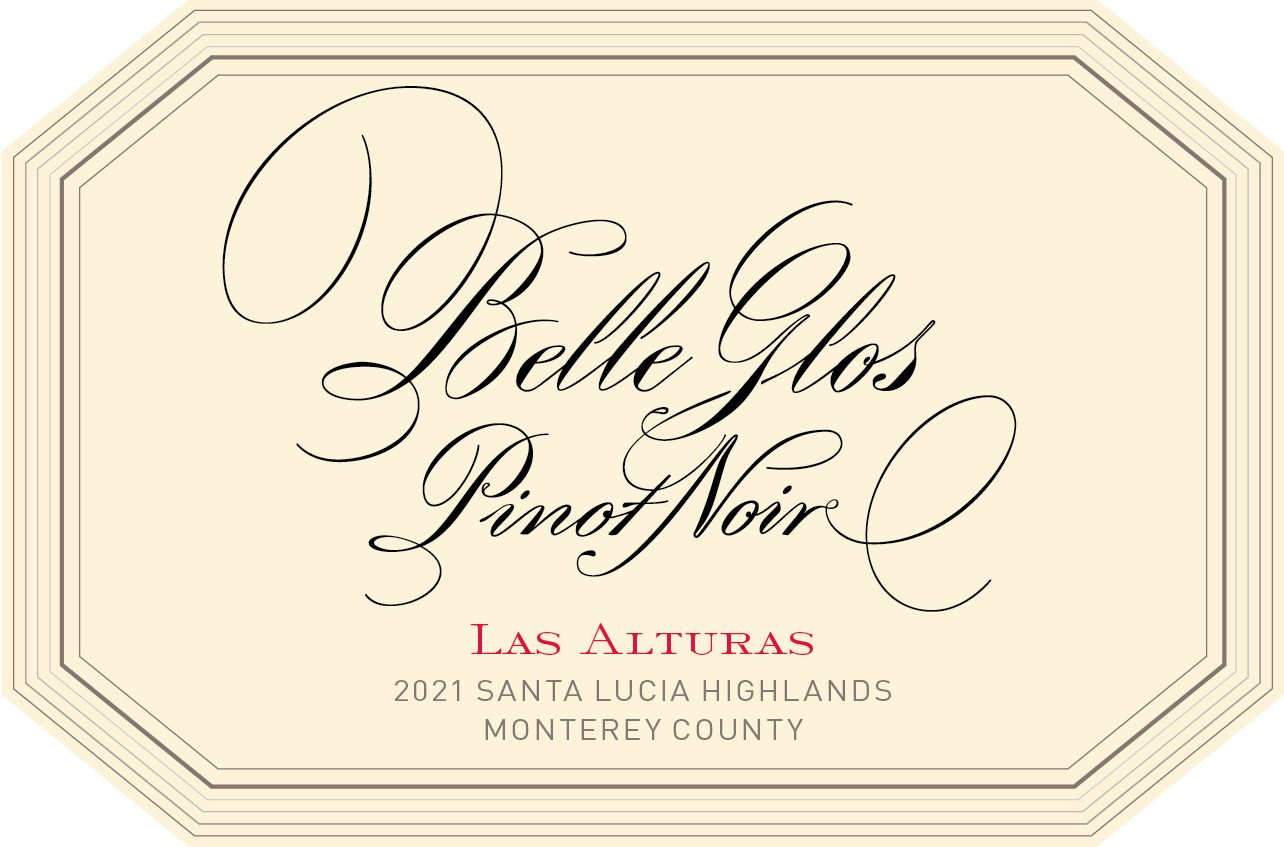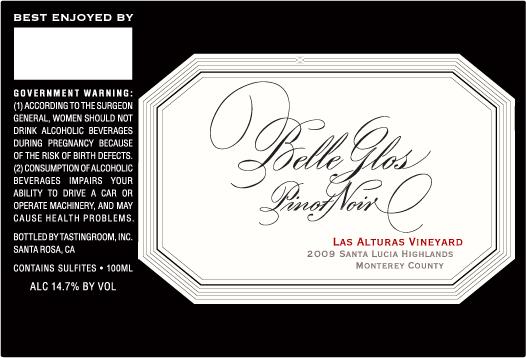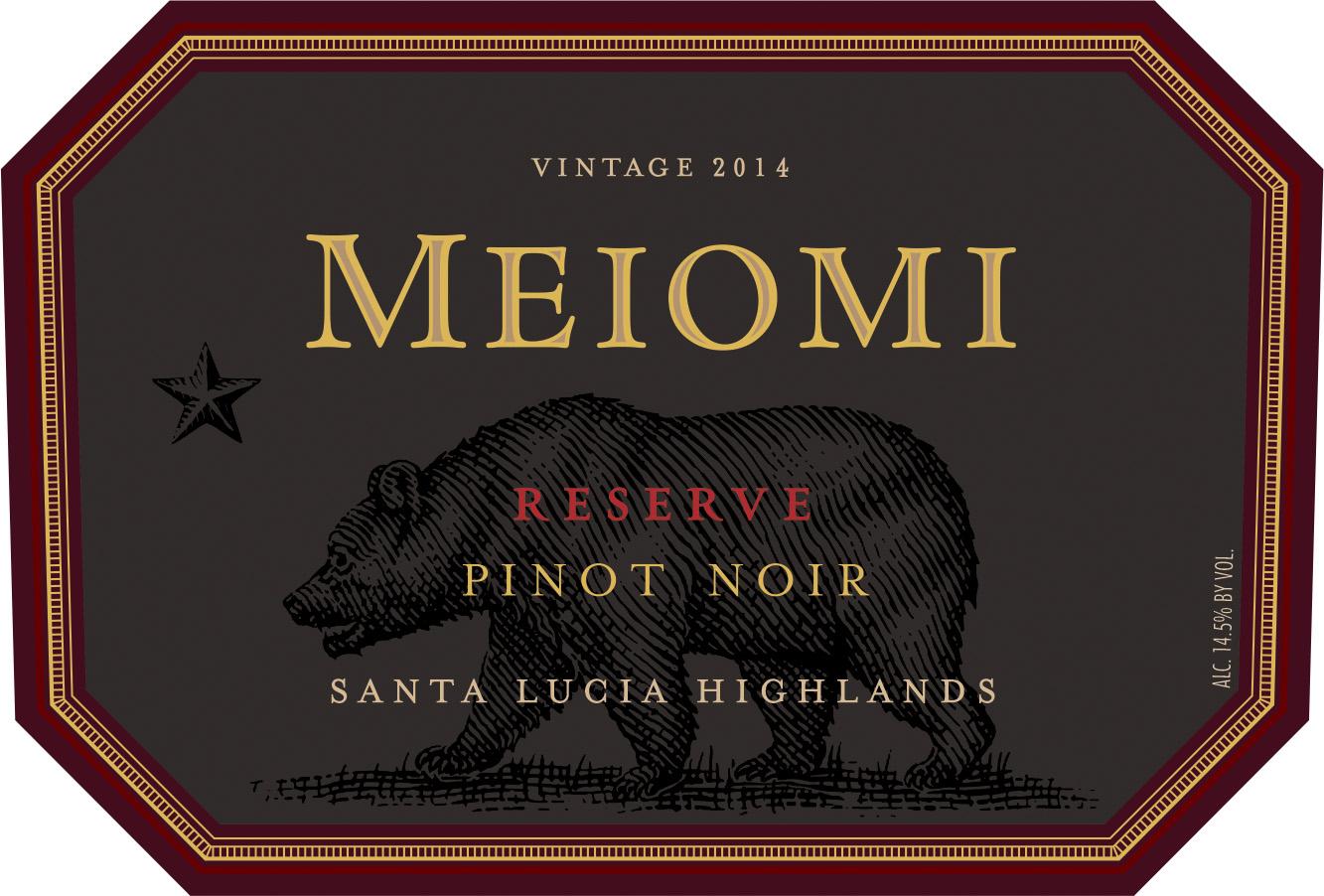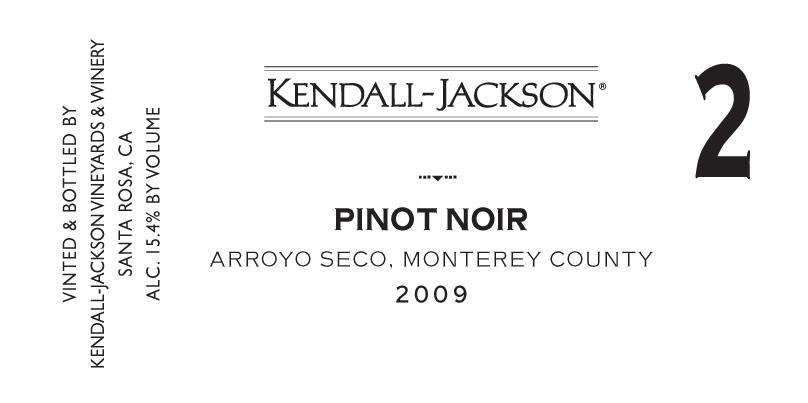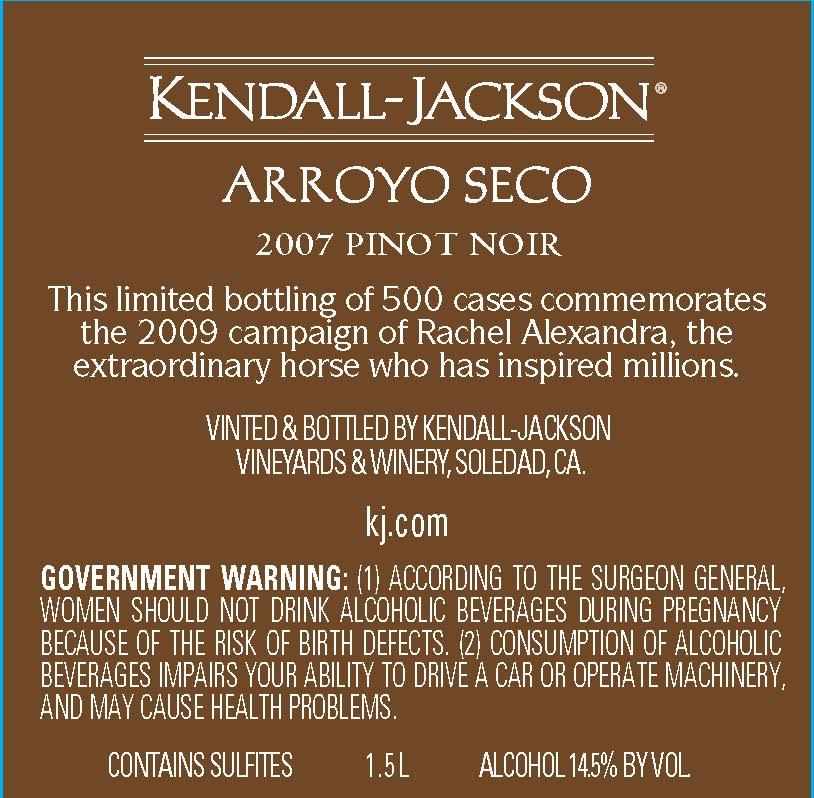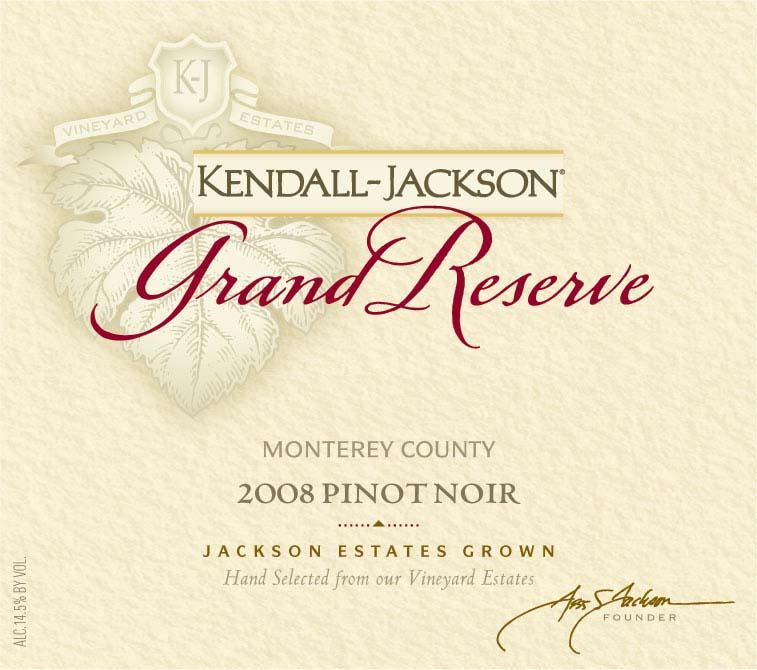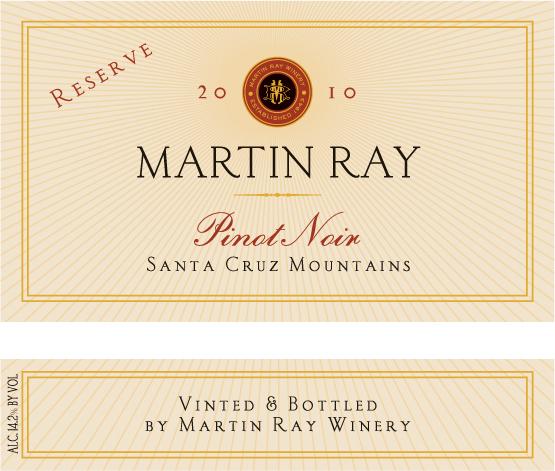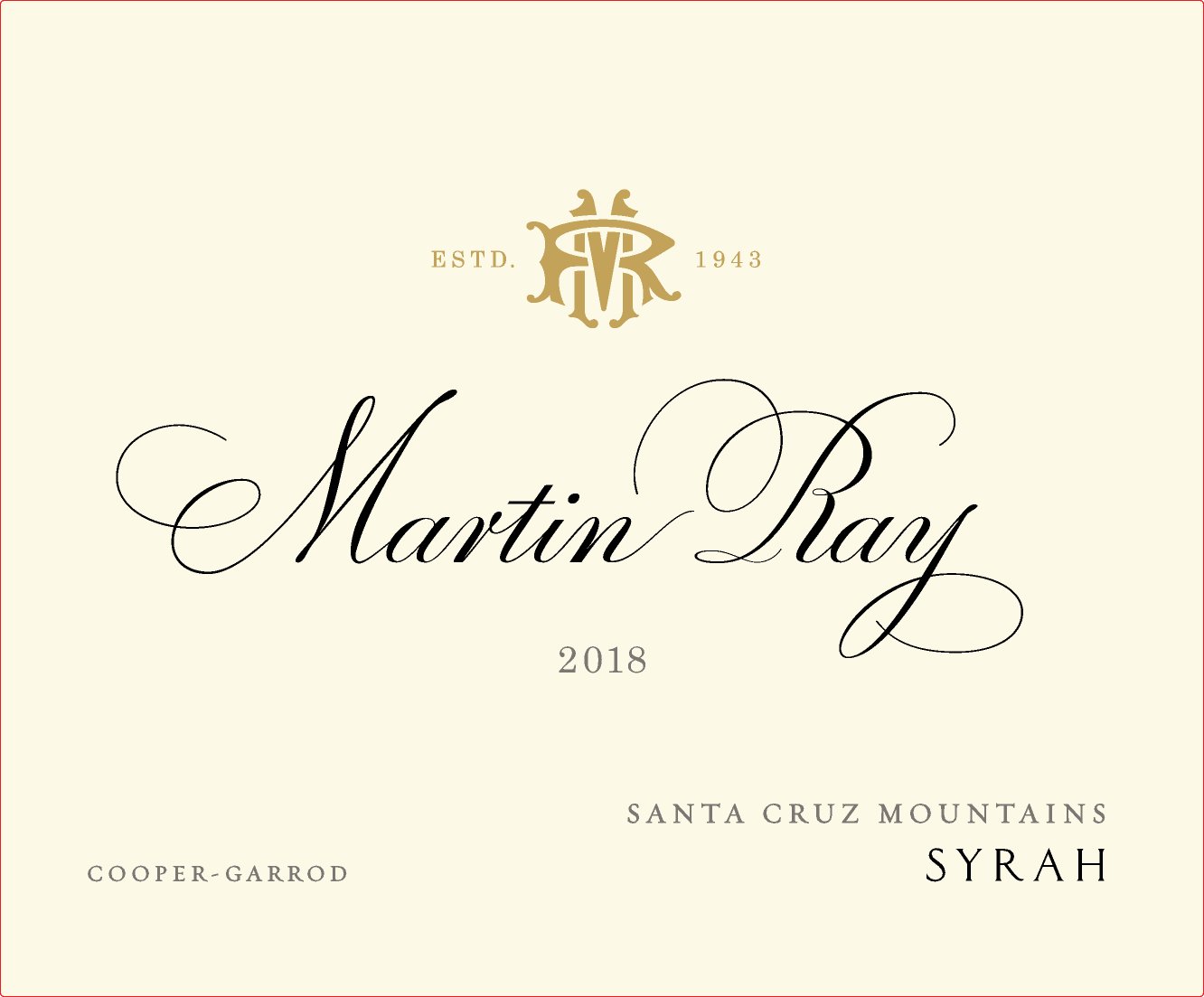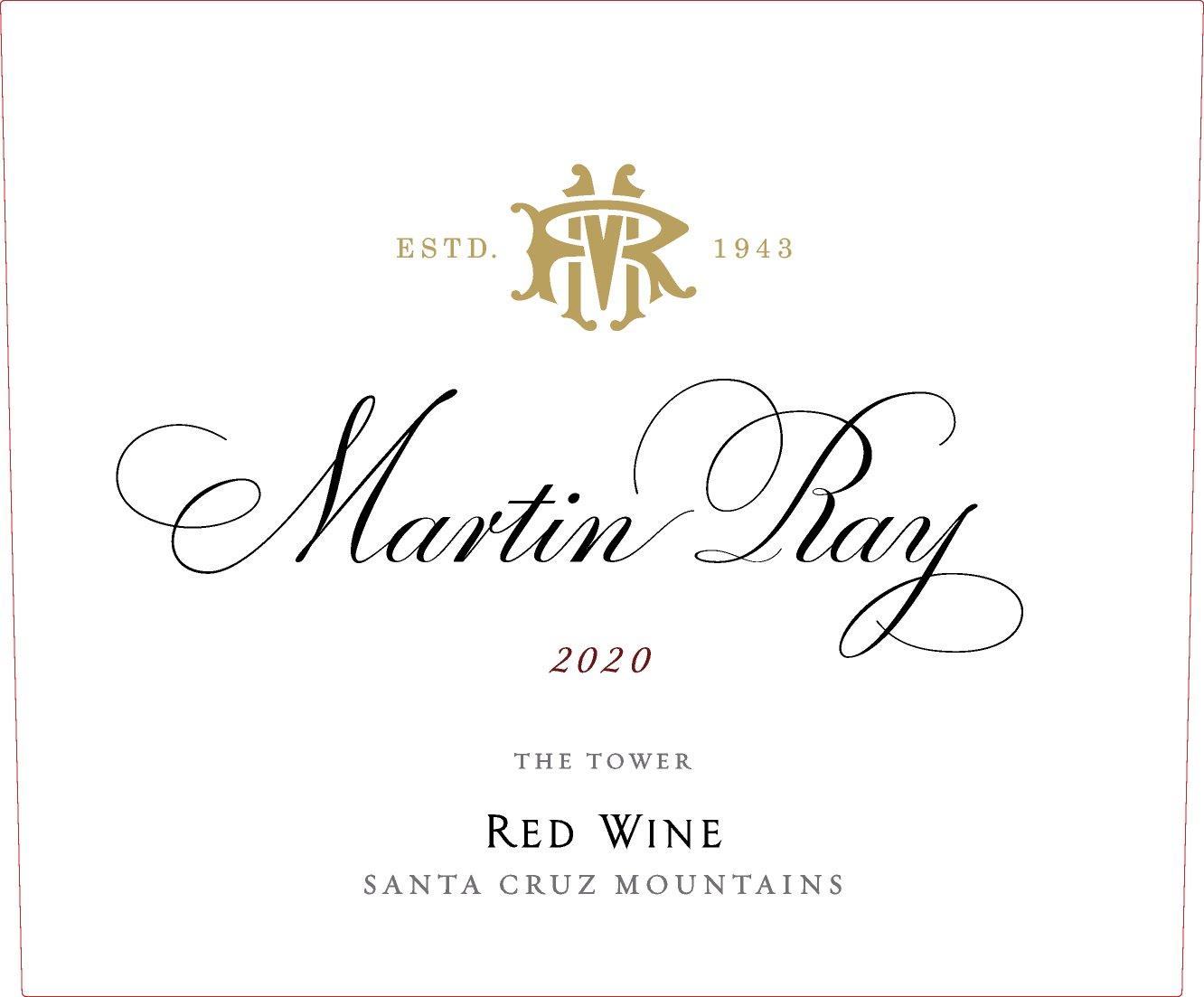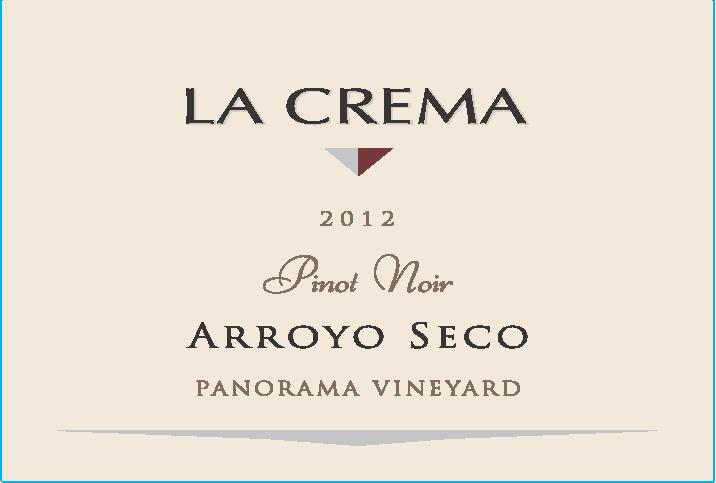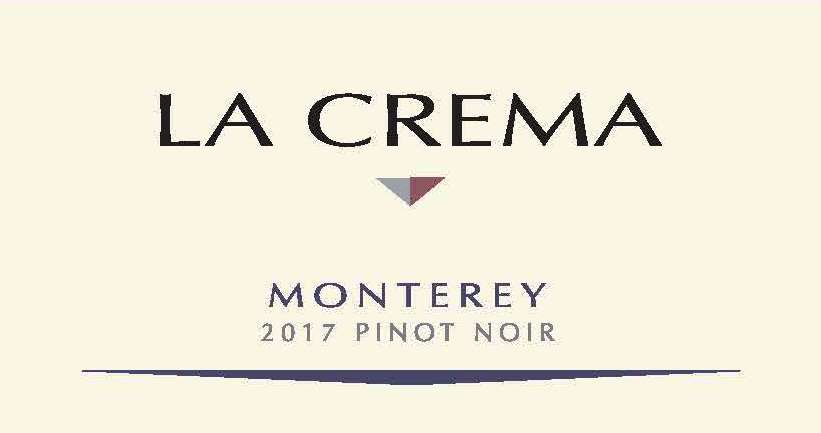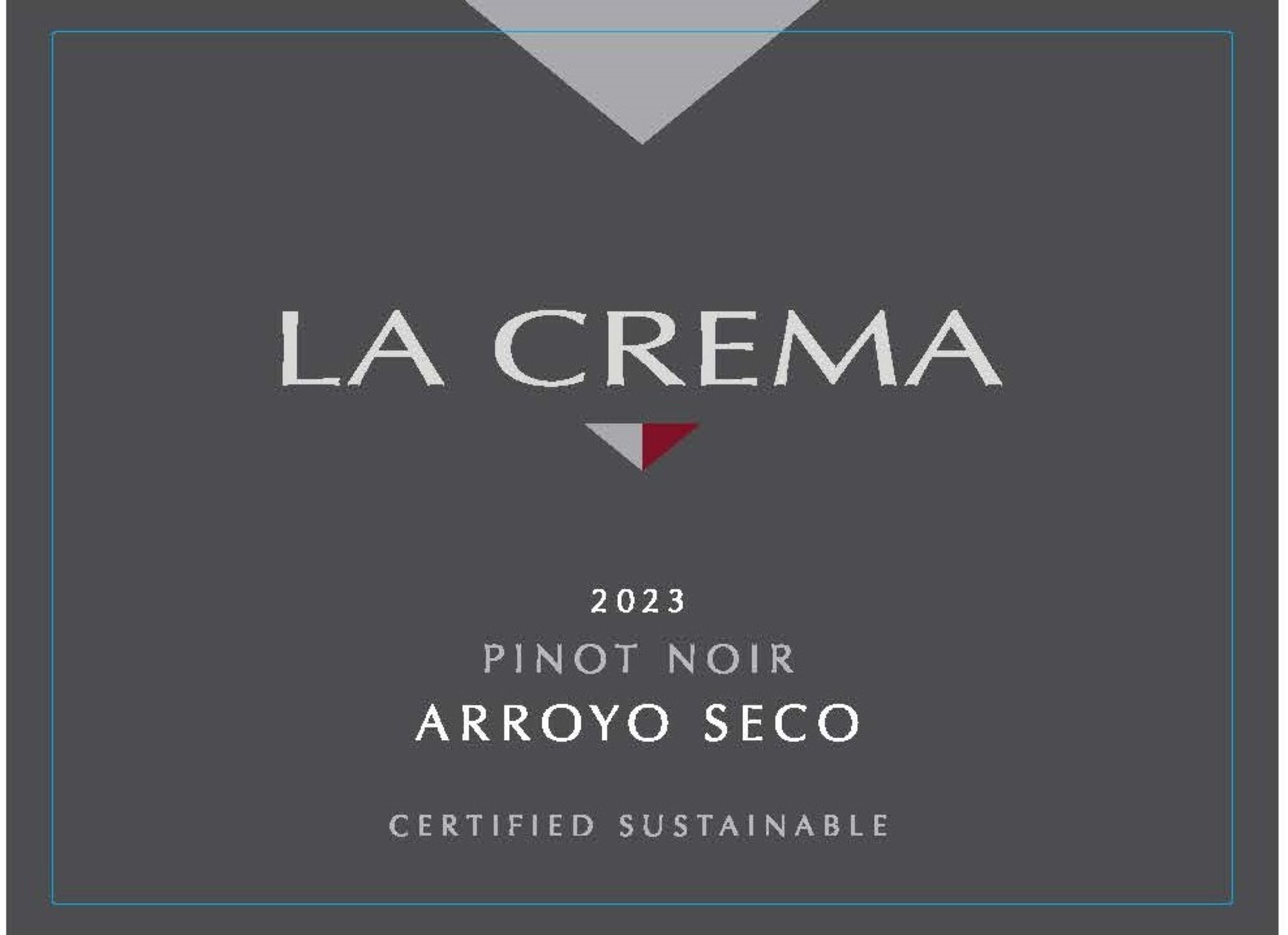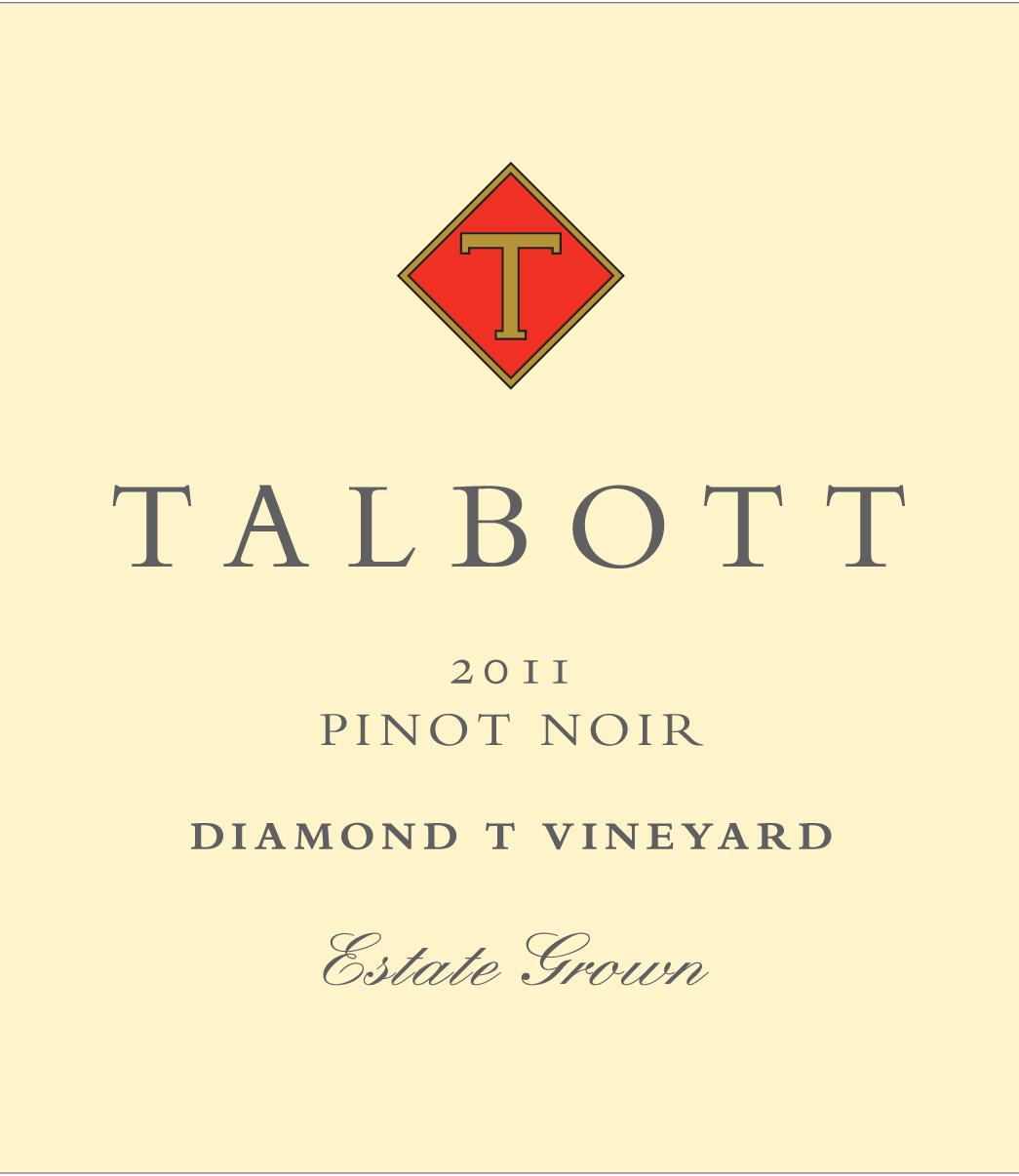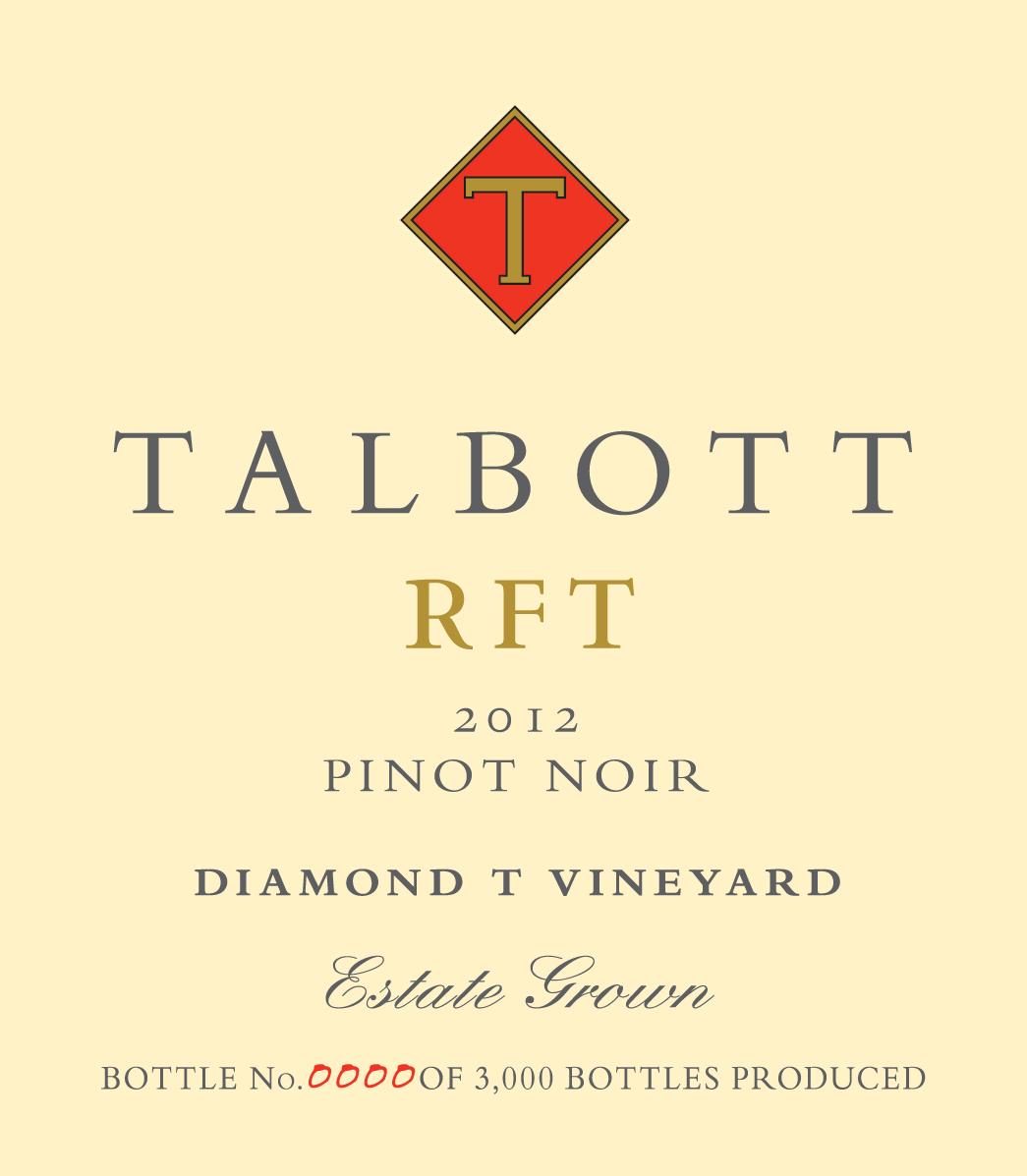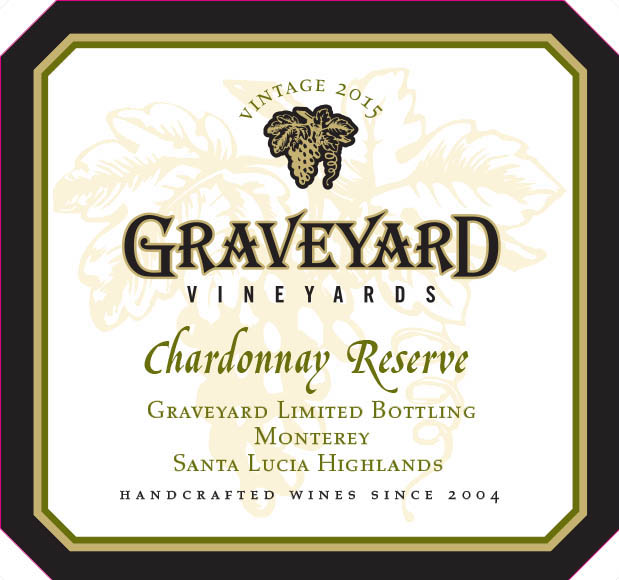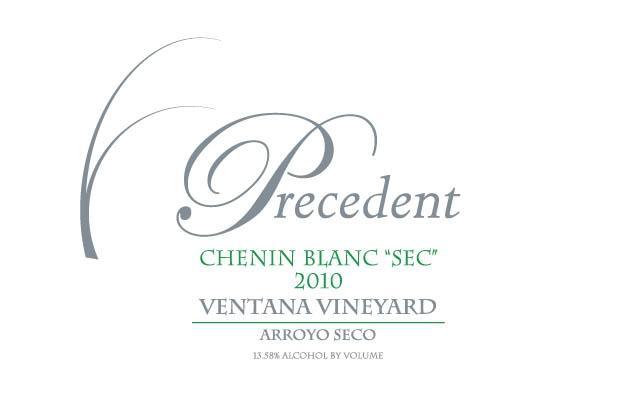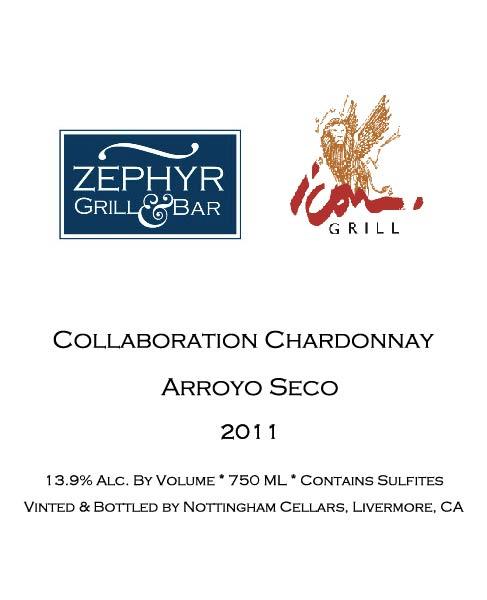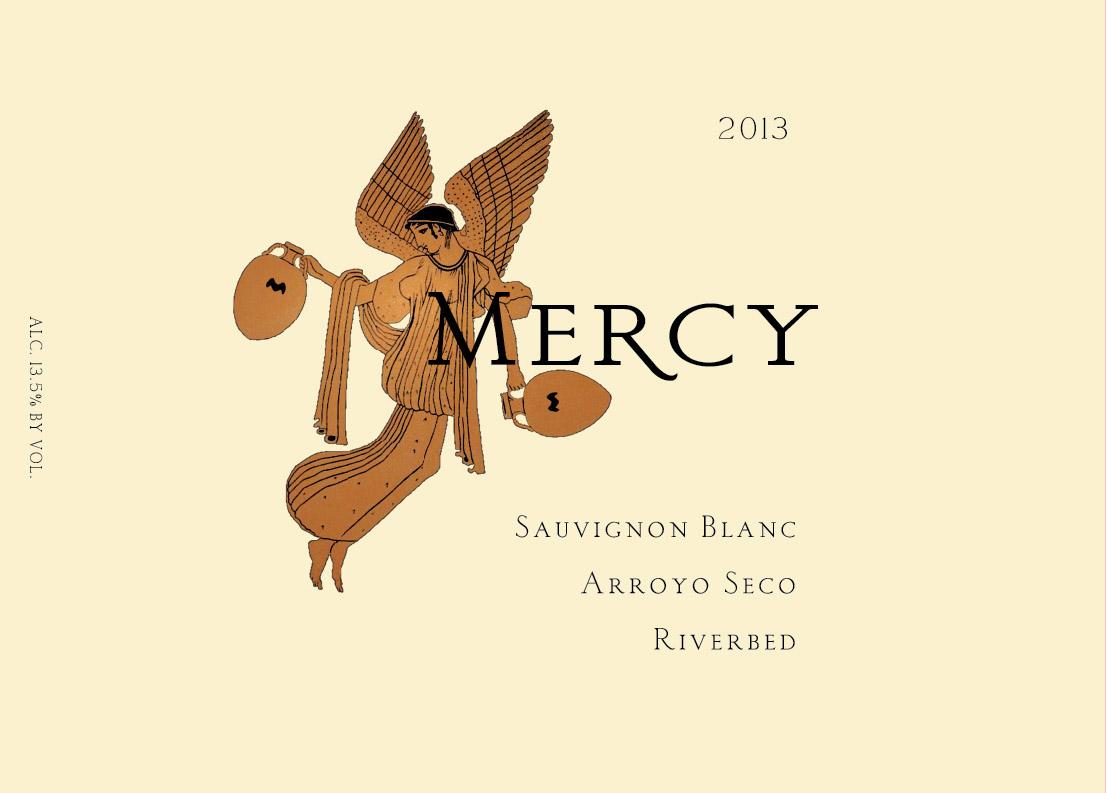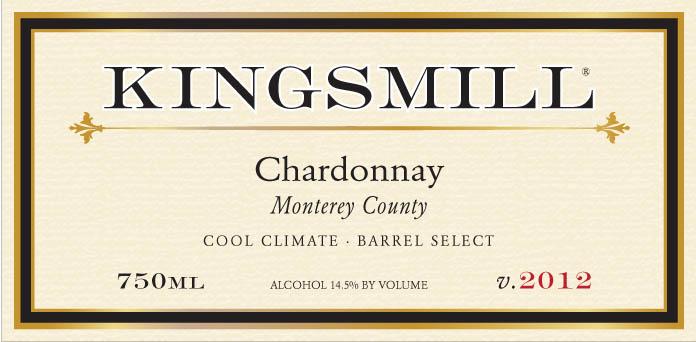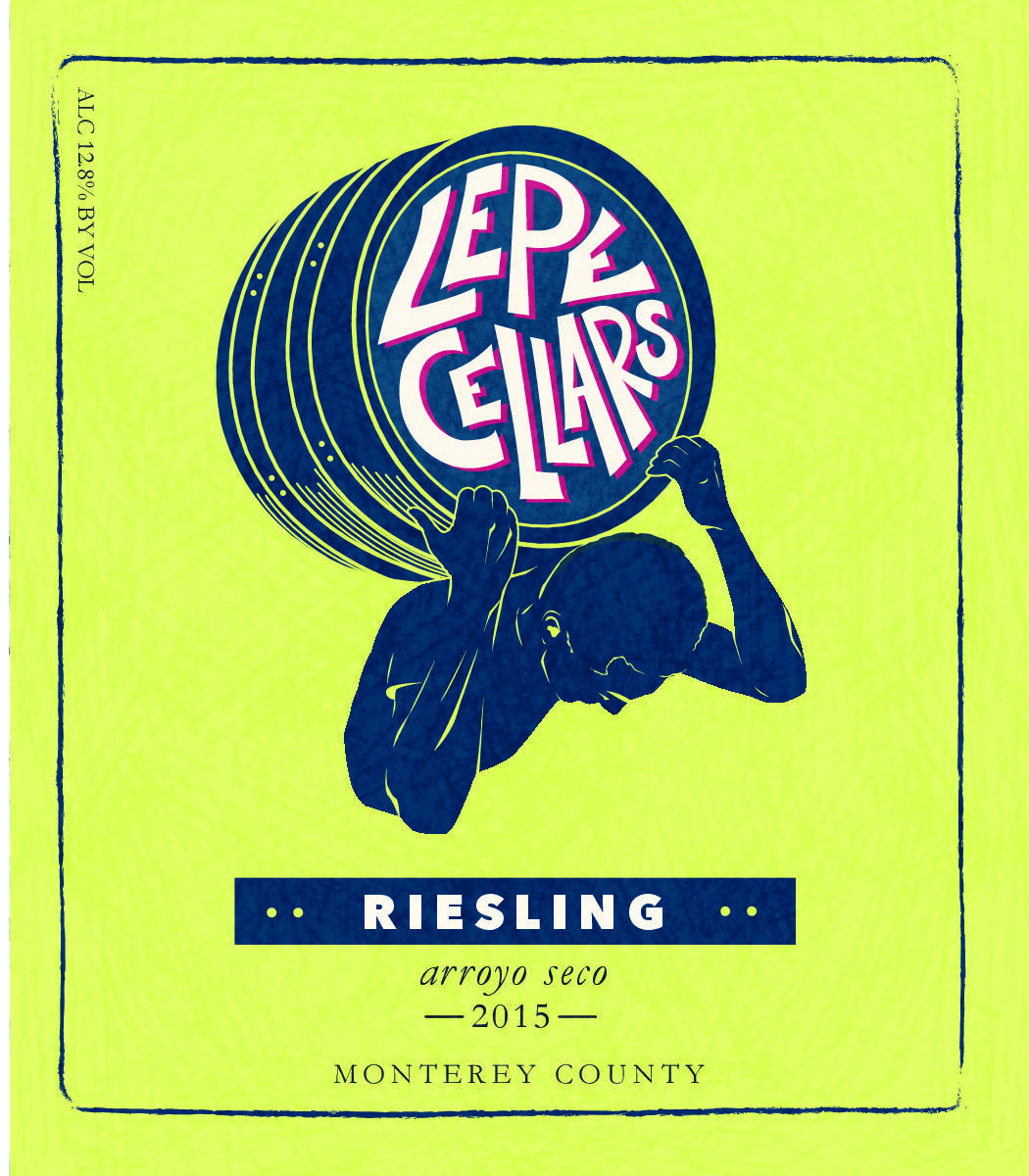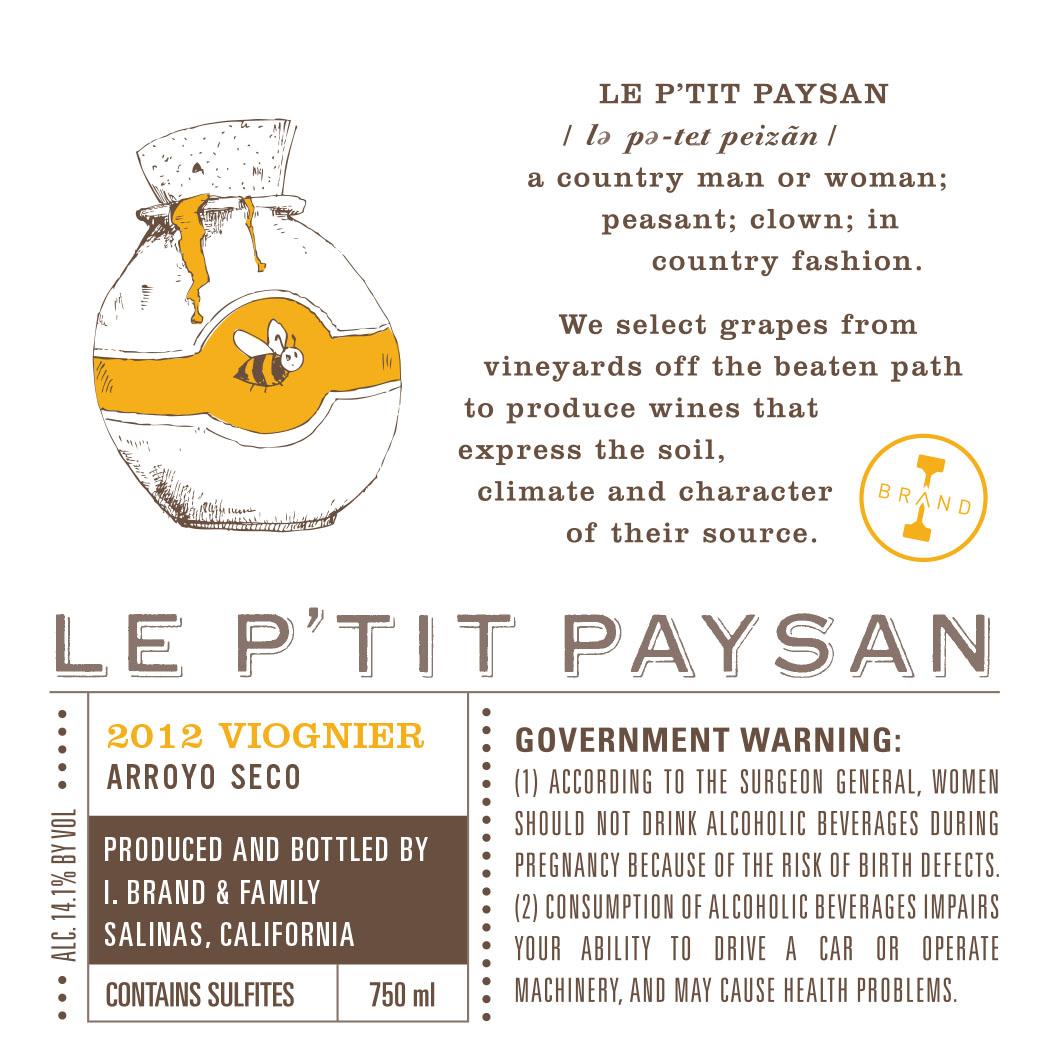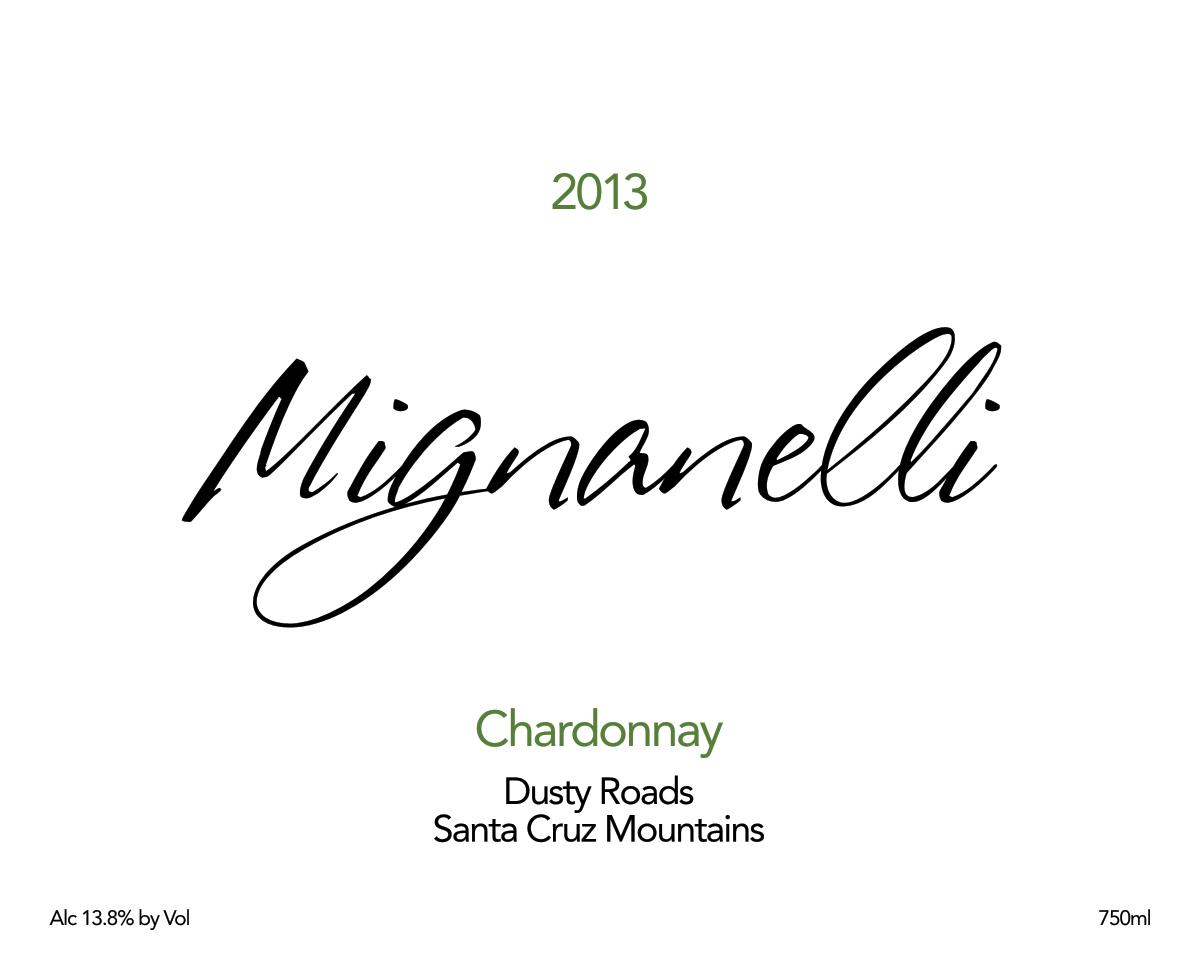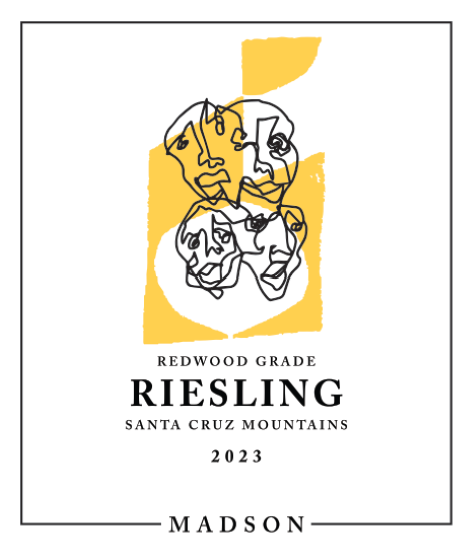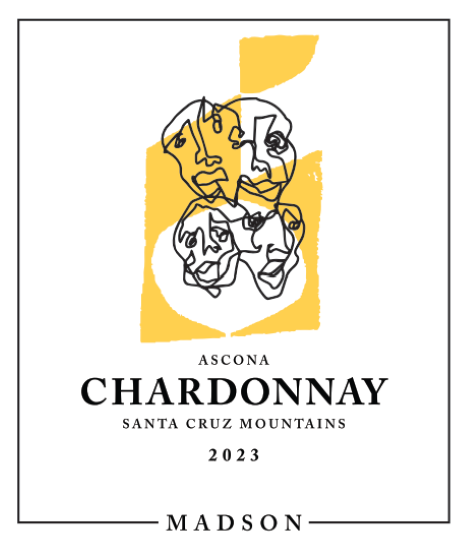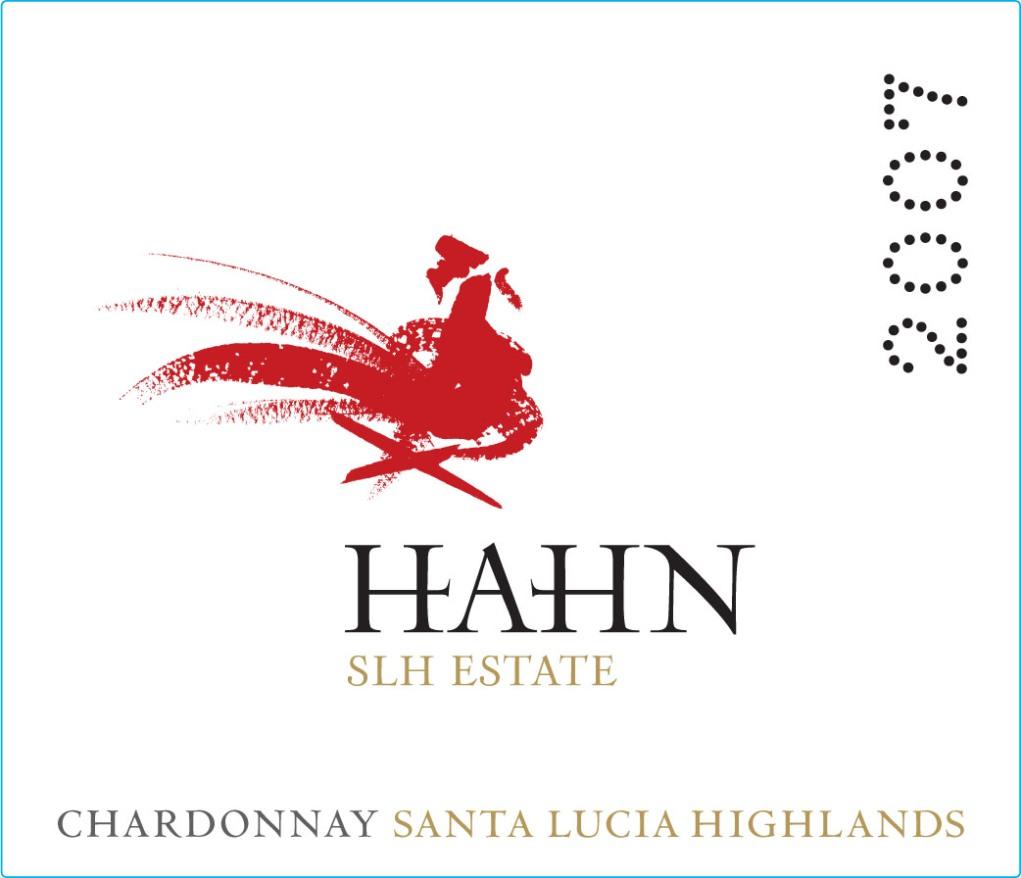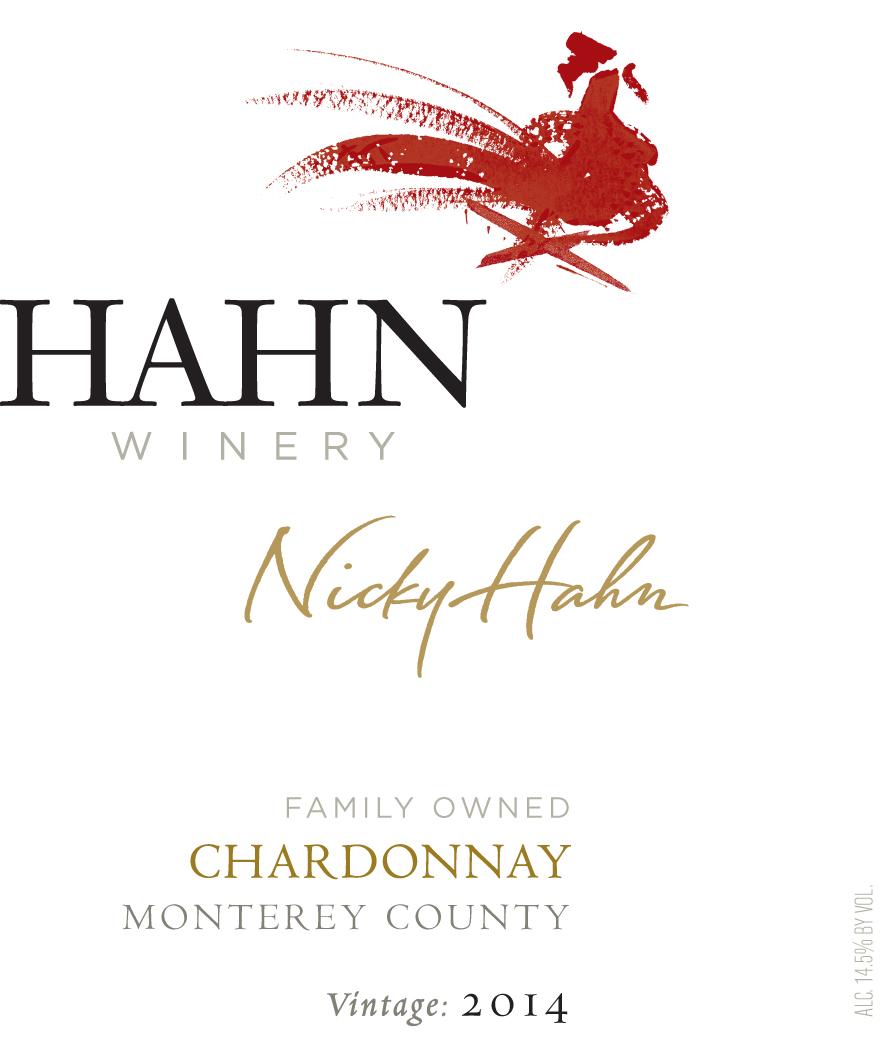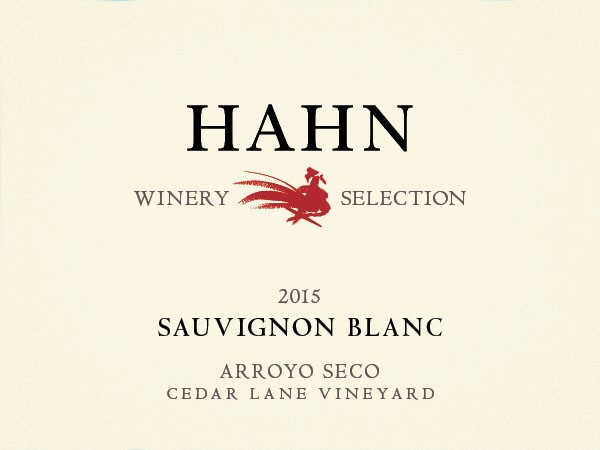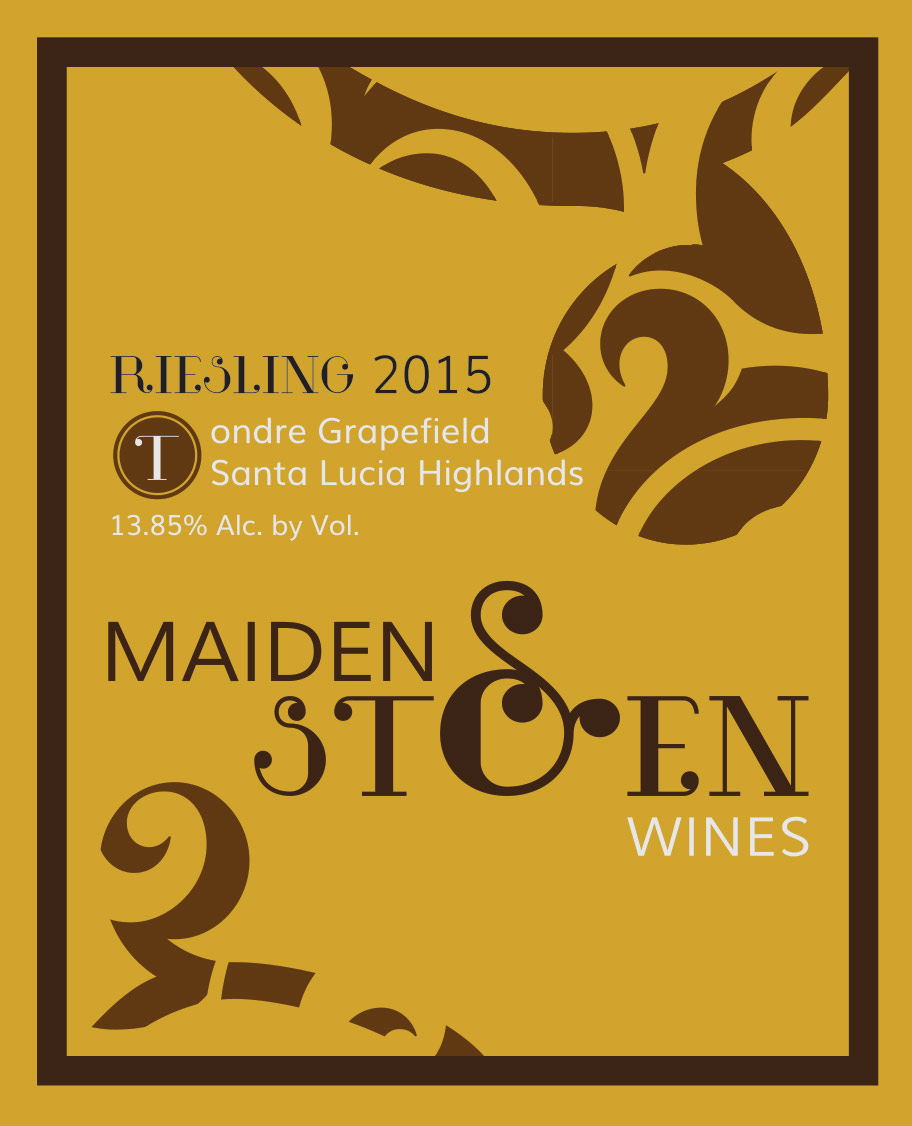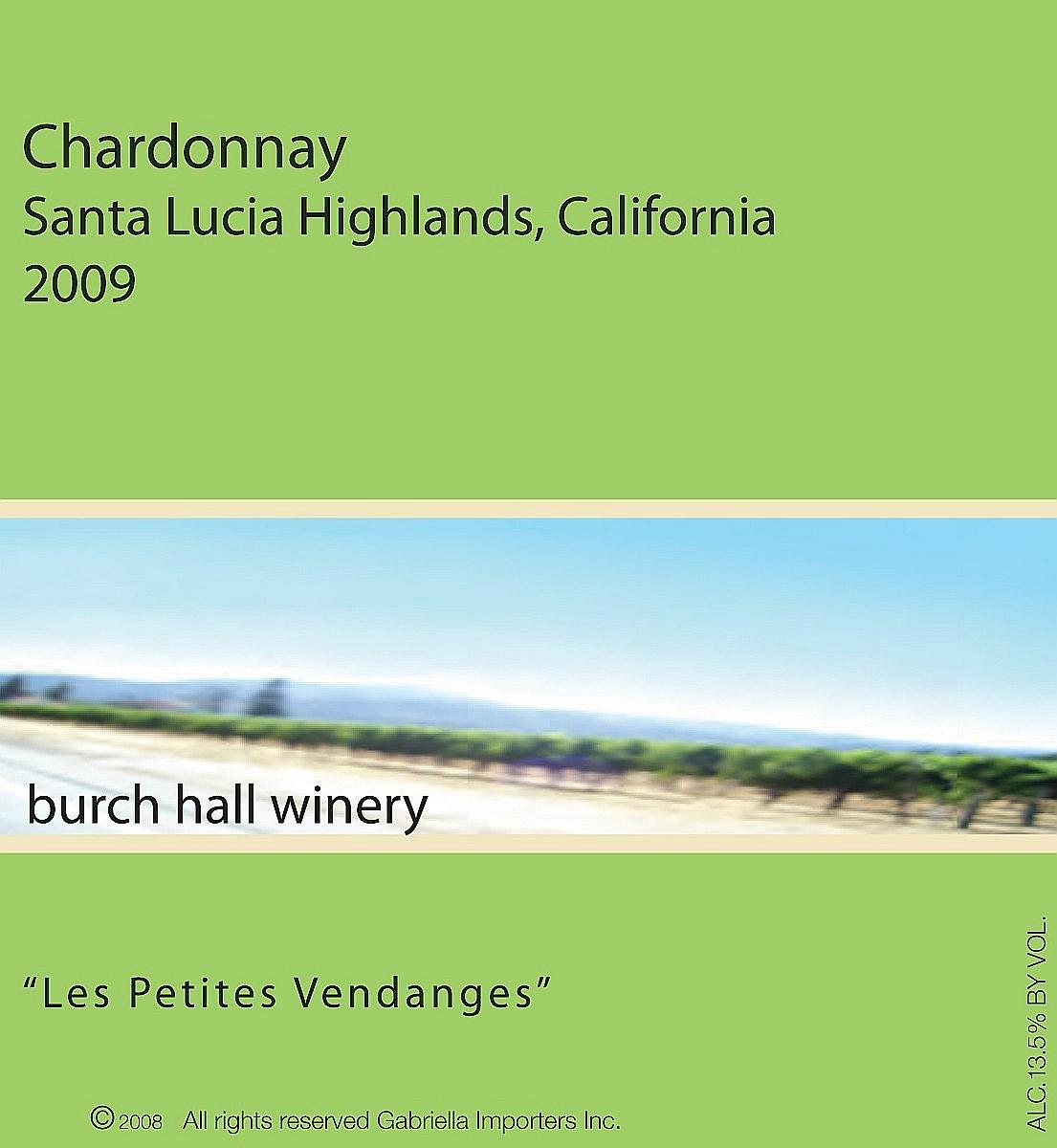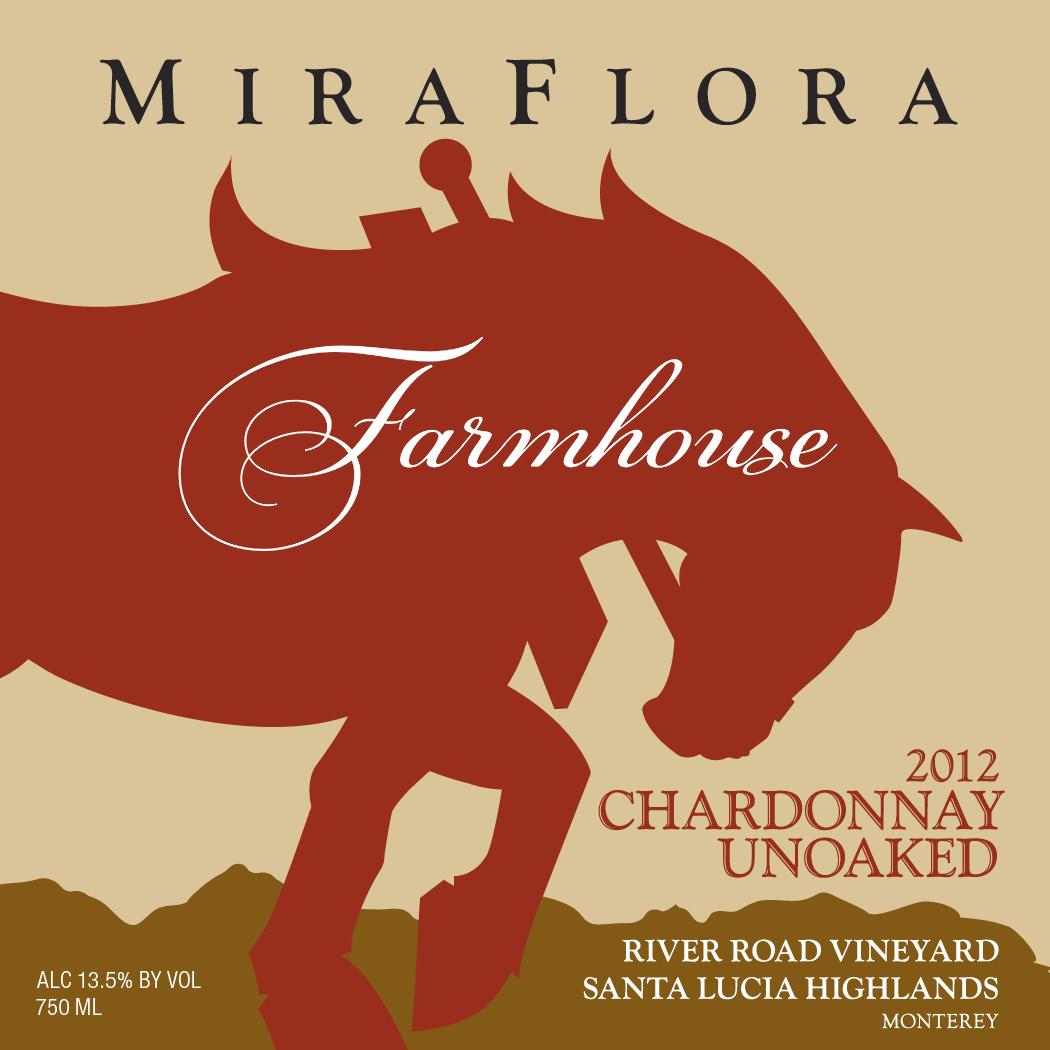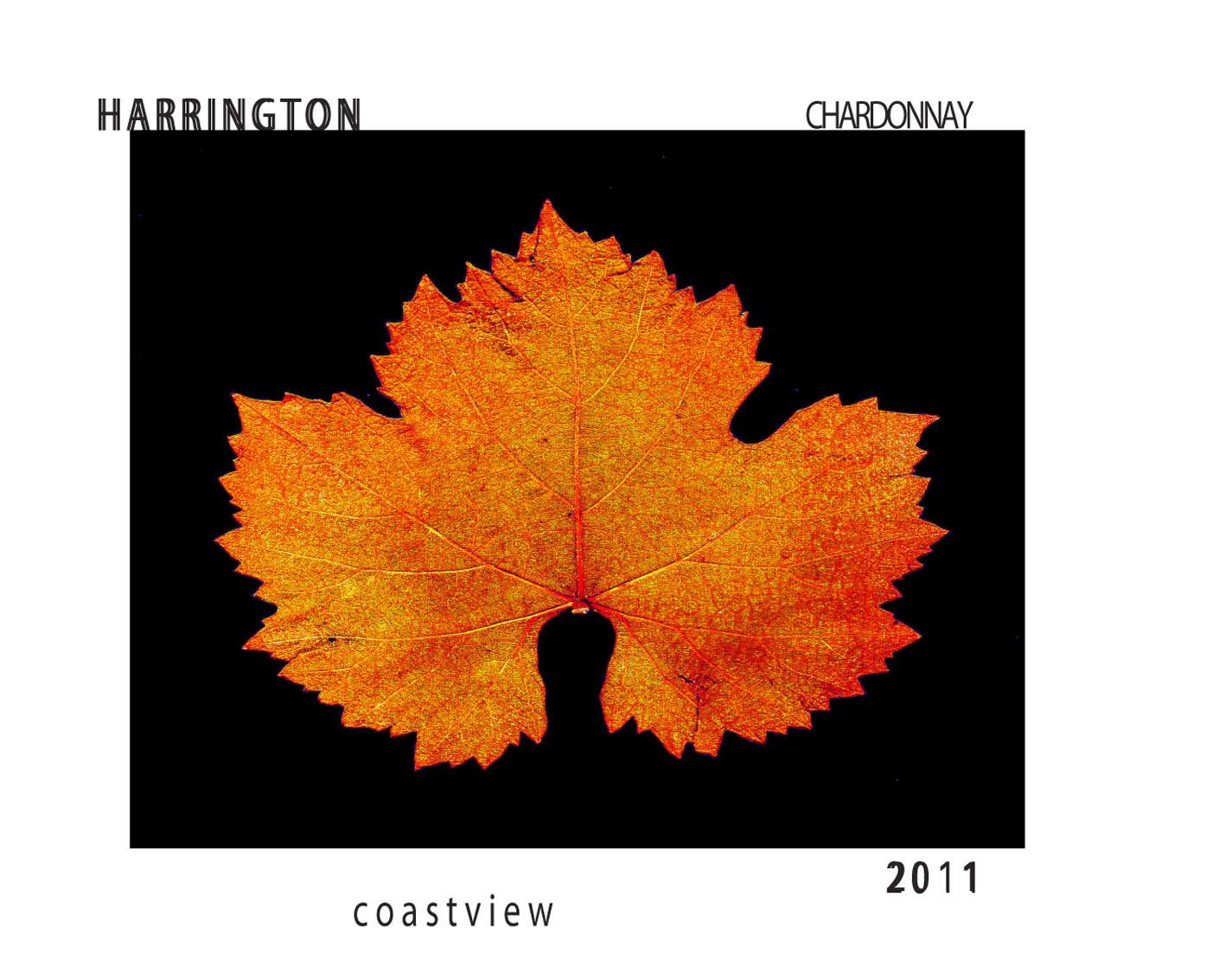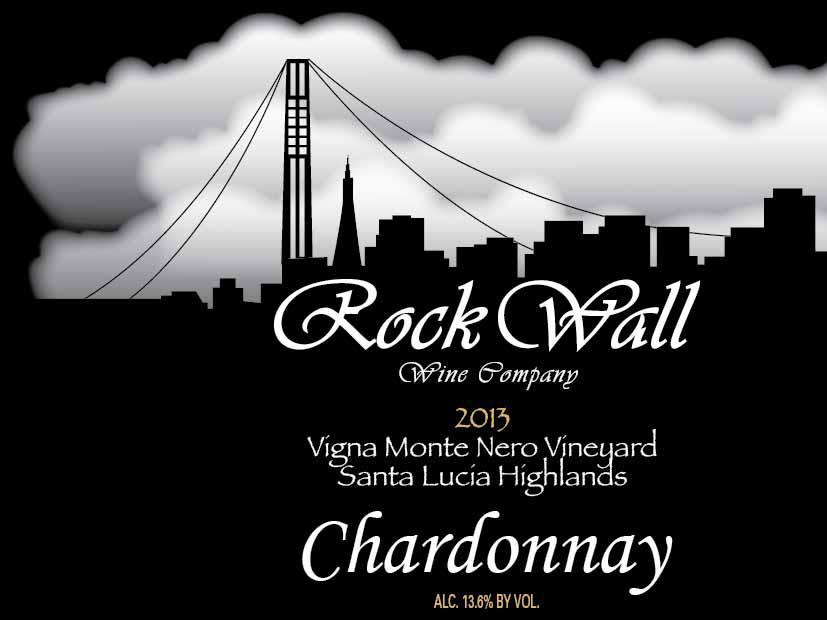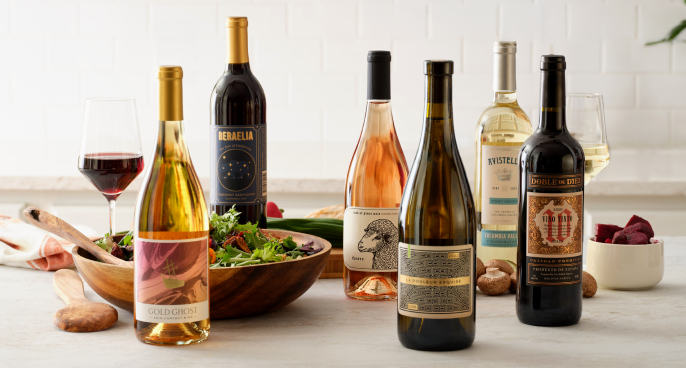Terroir of Monterey County
Monterey's terroir is shaped by its varied climate and soils, making it an exciting wine region. Cool maritime influences near the bay contrast with the warm southern valleys, providing perfect conditions for both fresh whites and hearty reds. The Salinas River corridor channels cool fog and ocean breezes inland, ensuring slow grape ripening and preserving acidity, especially in the northern Salinas Valley and Santa Lucia Highlands. Meanwhile, areas like San Lucas and Hames Valley receive more sunshine and warmth.
The soils in Monterey vary from deep alluvial loams and gravels on valley floors to decomposed granite and sandstone on hillsides. Unique subzones like Arroyo Seco feature river rock benches and sandy loams, while calcareous and granitic soils appear in the Chalone area. With elevations ranging from 600 to 1,200 feet aiding drainage and exposure, these diverse soils add to the unique flavors and textures of Monterey wines.
Notable Wineries in Monterey County
Monterey County's wine scene is a vibrant blend of established estates and fresh, innovative wineries, drawing from the region's unique terroir. Here are some notable names making waves:
-
Chalone Vineyard: Esteemed for its Chardonnay and Pinot Noir, grown in limestone-rich soils.
-
Hahn Family Wines: Pioneers in the Santa Lucia Highlands, excelling in Pinot Noir and Chardonnay.
-
Morgan Winery: Known for its wide variety and dedication to organic farming.
-
Scheid Vineyards: A standout in producing diverse and balanced wines.
-
Talbott Vineyards: Renowned for crafting premium wines with a focus on site expression.
Many of these prominent producers emphasize sustainable practices, reflecting a commitment to preserving Monterey's unique vineyard landscapes while crafting wines that capture the essence of their origins.
Sustainable Winemaking in Monterey County
Monterey County is a leader in sustainable winegrowing, with many growers committed to eco-friendly practices. Programs like SIP (Sustainability in Practice) and organic certifications guide their efforts to protect the environment. Farmers use cover crops and limit soil tillage to maintain healthy soils, while integrated pest management reduces chemical use. Smart water management, including drip irrigation and recycling winery water, conserves vital resources.
Energy-efficient practices are also widespread, with many vineyards utilizing solar power and night harvesting to cut energy use. Embracing third-party sustainability certifications, the region is dedicated to reducing emissions and preserving the natural beauty of the Salinas Valley. These collective efforts not only safeguard natural resources but also meet the increasing demand for environmentally conscious wines, showcasing Monterey's commitment to quality and sustainability.
Wine Tourism in Monterey County
Monterey County is a gem for wine tourism, seamlessly blending its stunning landscapes with top-tier wine experiences. The River Road Wine Trail under the Santa Lucia Highlands offers a self-guided adventure through renowned vineyards, while Carmel Valley Village provides a cozy setting for intimate tastings.
Seasonal events add a festive touch, showcasing the region's signature varietals like Pinot Noir and Chardonnay. Visitors can complement wine tastings with nearby attractions, such as the scenic beauty of Big Sur, the educational Monterey Bay Aquarium, or historic Cannery Row.
Accommodations range from charming vineyard B&Bs to luxurious coastal resorts, catering to diverse preferences. This area’s proximity to the Bay Area and Central Valley makes it an accessible yet unforgettable destination. Monterey County's commitment to sustainable practices further enhances its appeal, offering an enriching experience that respects both the land and its heritage.

